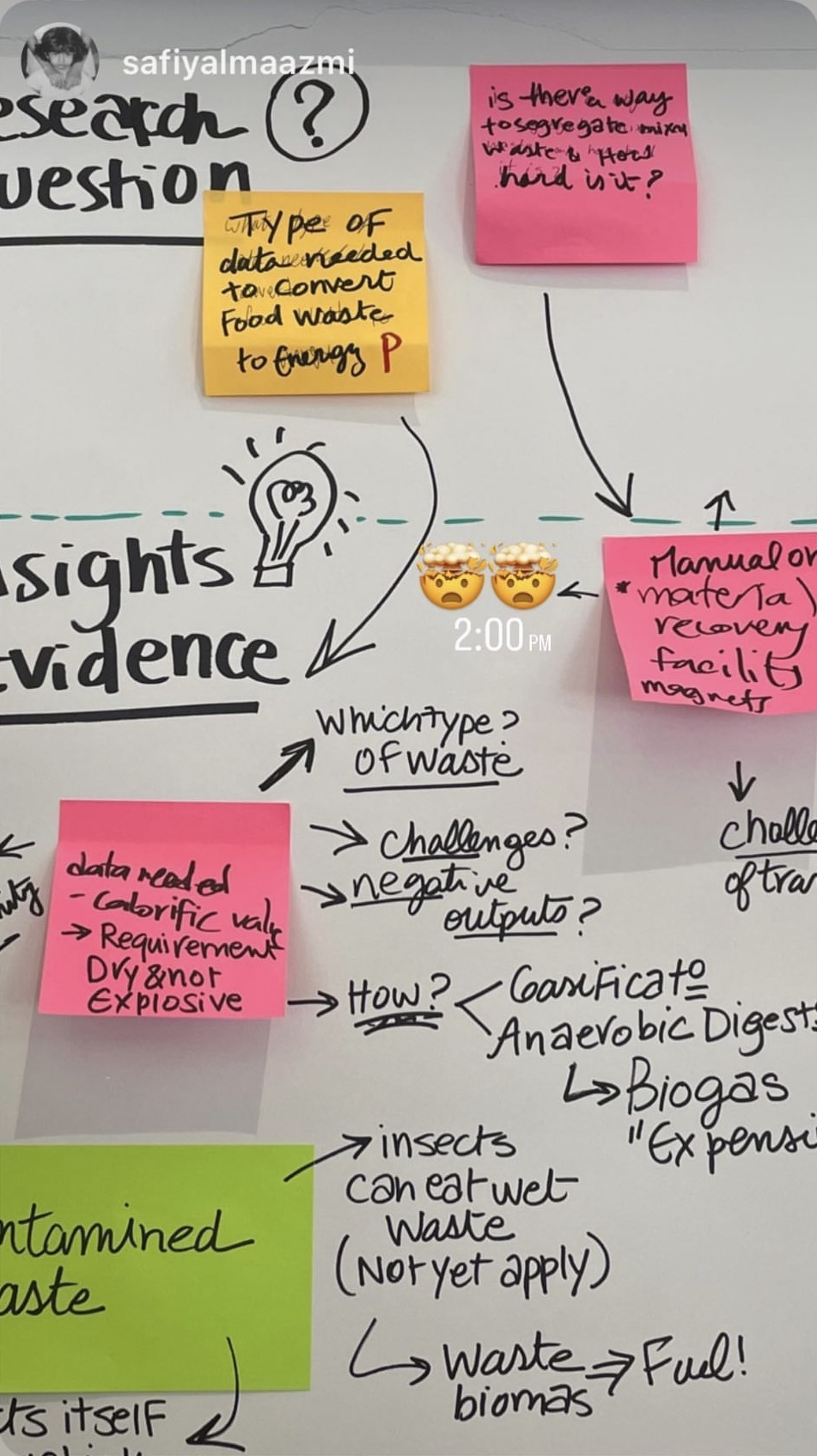
Sparking Innovation in Sustainable Food Packaging
Challenge Backdrop:
Egypt is the largest consumer of plastic in Africa and produces 5.4 million tons of plastic waste due to its large population. Despite the different efforts, the high consumption combined with the low consumer awareness lead to challenges to manage this waste. The high cost of sustainable packaging is also hindering both local consumption and compliance with regulations of international markets. The lab of tomorrow 18 seeks to address these challenges and find low-threshold and scalable solutions to produce sustainable packaging at low cost and make it available on the market.
Client’s Brief:
GIZ and Lab of Tomorrow sought to catalyze the creation of new business ventures in Egypt with a focus on sustainability, specifically targeting the sustainable food packaging industry. They aimed to inspire Egyptian entrepreneurs with proven record of success to collaborate and develop products and services that address local needs with promising potential of scaling to international markets.

Approach & Deliverables
- Landscaping Study: Our initial step was to conduct an extensive landscaping study of the sustainable food packaging market in Egypt. This study delved into market trends, consumer preferences, and the regulatory frameworks governing the industry. The findings provided a comprehensive overview of the current state of sustainable packaging, identifying opportunities for growth and potential challenges in market adoption.
- Expert Interviews: To gain deeper insights, we conducted 30 expert interviews with key players across the food packaging value chain. These interviews included manufacturers, suppliers, distributors, retailers, and sustainability experts. The perspectives collected helped to identify the business opportunities and barriers within Egypt’s food packaging sector, particularly as they relate to sustainability. The interviews revealed key insights into consumer demand for eco-friendly packaging, challenges in scaling sustainable solutions, and the potential for collaboration across the value chain.
- Business Opportunity Map: Building on the data collected, we created a Business Opportunity Map that highlighted growth areas in both local and export markets. This map identified specific market gaps where sustainable food packaging solutions could thrive, offering clear opportunities for Egyptian entrepreneurs to innovate. The map provided a strategic overview for businesses looking to enter the sector, particularly in areas where demand for sustainable practices was rising but underserved.
- Design Sprint Workshop & Facilitator Guide: We designed a comprehensive facilitator guide for a Design Sprint workshop, specifically focused on ideating solutions within the sustainable food packaging sector. This guide included a curated selection of tools, methods, and activities aimed at encouraging creativity and collaboration among cross-functional teams. The workshop helped participants ideate and rapidly prototype business-viable sustainable packaging solutions, ensuring ideas were both innovative and aligned with market needs.
- Joint Venture Bootcamp: To further nurture the business development process, we organized a Joint Venture Bootcamp. This bootcamp brought together successful entrepreneurs and industry experts to explore the opportunities identified in the business opportunity map. The event fostered collaboration, knowledge sharing, and networking among participants, with a particular focus on forming joint ventures or strategic partnerships. The bootcamp played a pivotal role in helping entrepreneurs leverage expertise and resources to bring sustainable packaging ventures to life.
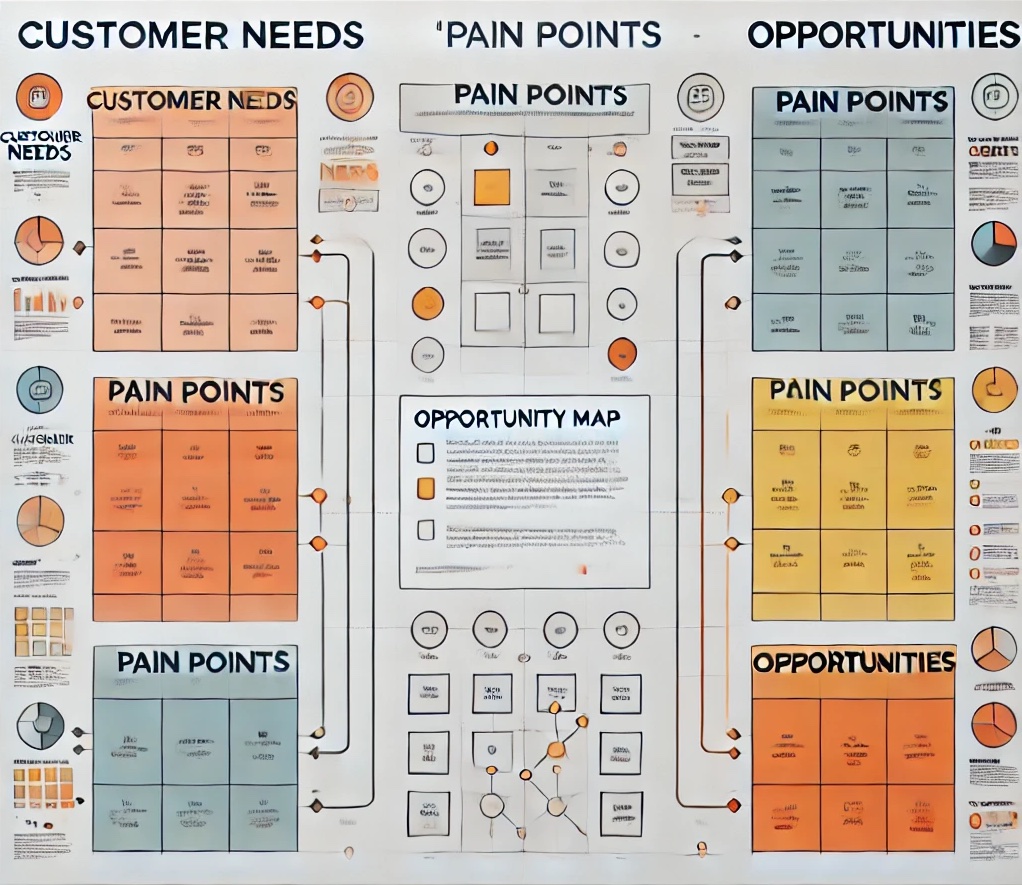
Innovative Ventures Emerging from the Bootcamp
- One of the standout ventures to emerge from the bootcamp was EcoPack, which focused on developing plant-based bioplastics for the Egyptian food export market. Utilizing renewable resources like corn, mushrooms, sugarcane, and algae, EcoPack offers biodegradable packaging solutions compliant with upcoming EU regulations banning non-biodegradable plastics. This venture not only provides a sustainable alternative to traditional plastics but also positions Egyptian exporters at a competitive advantage while addressing global plastic waste challenges.
- Another promising concept was CircularPack, which reimagines packaging by offering a "Packaging as a Service" model inspired by traditional Egyptian practices of returning and reusing containers. CircularPack allows consumers to purchase products in reusable containers that can be returned, cleaned, and reused, significantly reducing single-use packaging waste. This venture brings the circular economy to modern retail, making sustainability an effortless part of daily life.
- RePlast was another innovative solution that addressed the need for a reliable recyclable plastic market. By connecting the supply and demand sides of plastic waste through a digital platform, RePlast ensures a steady flow of high-quality recyclable materials. Additionally, the venture integrates and trains the informal sector on standardized processes, improving the quality of recycled plastic while enhancing the livelihoods of workers. RePlast's business model combines environmental impact with social responsibility, creating a more efficient and inclusive recycling ecosystem.
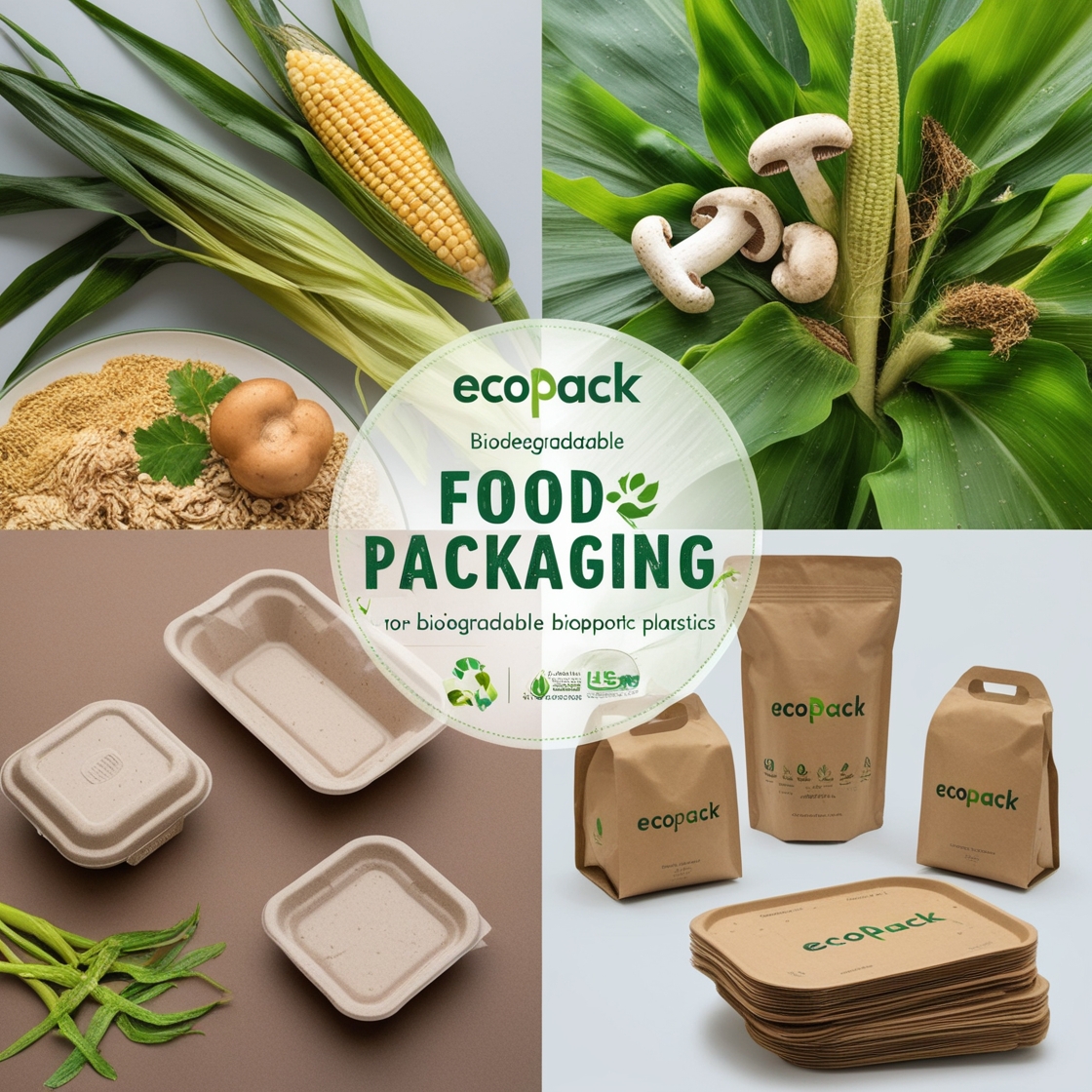
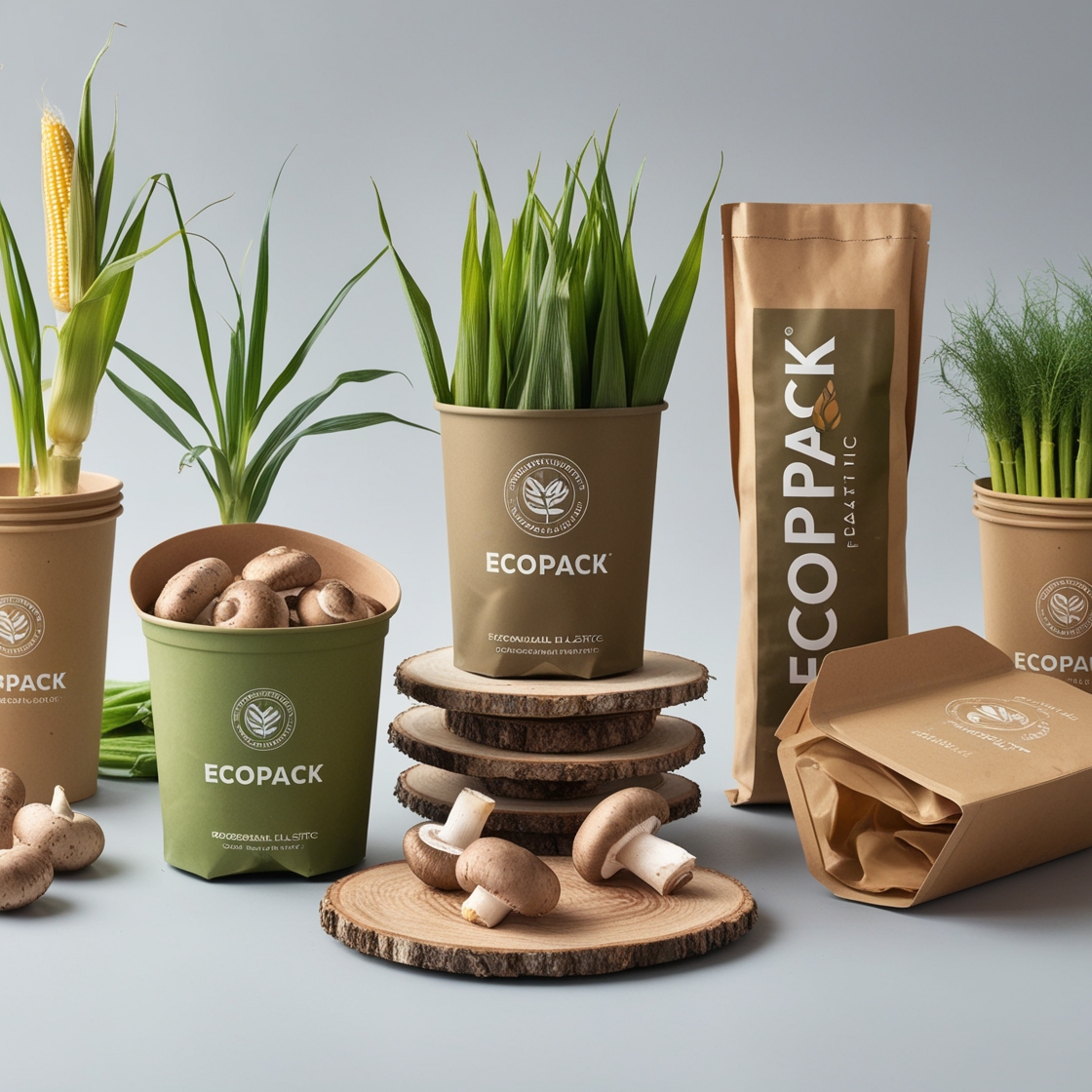
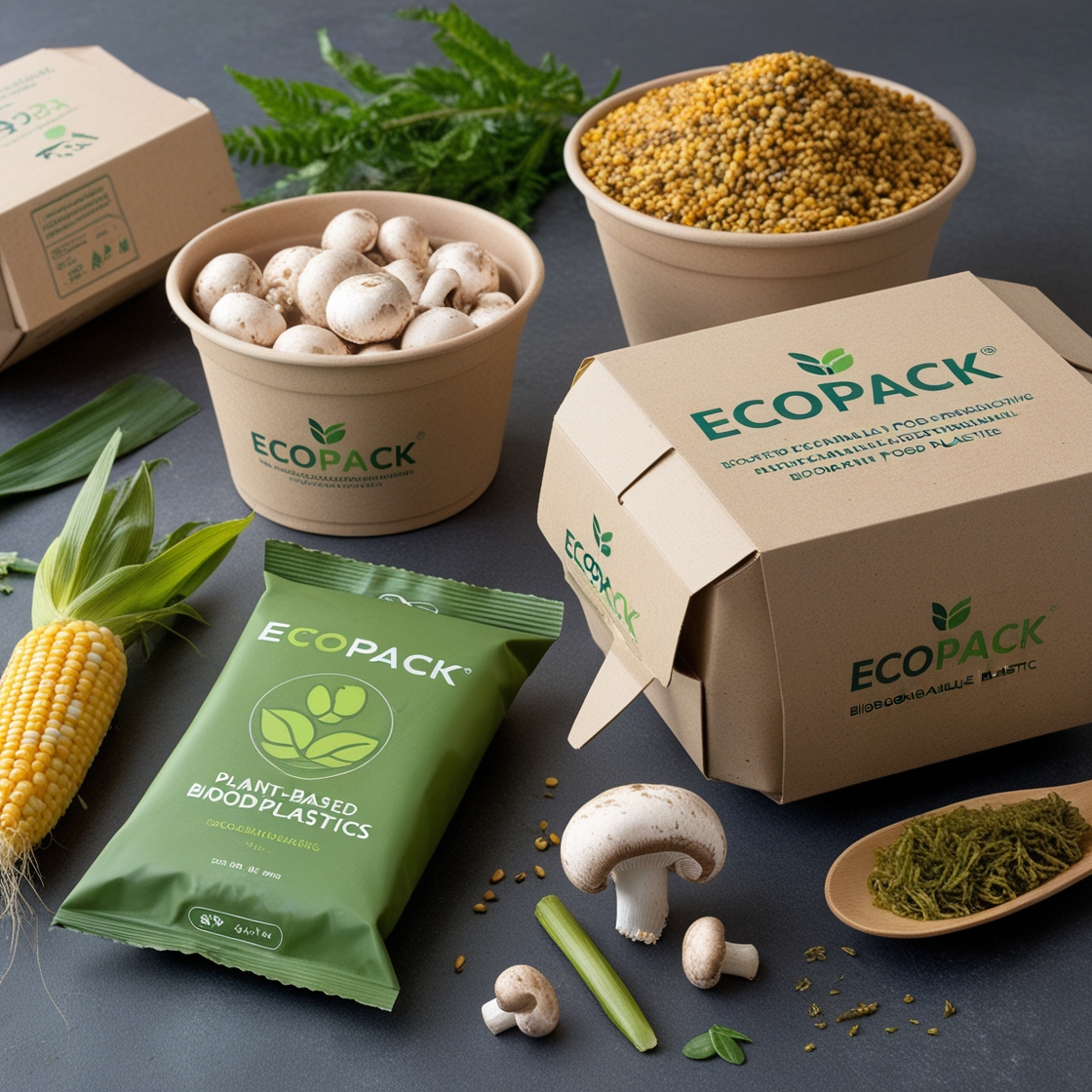
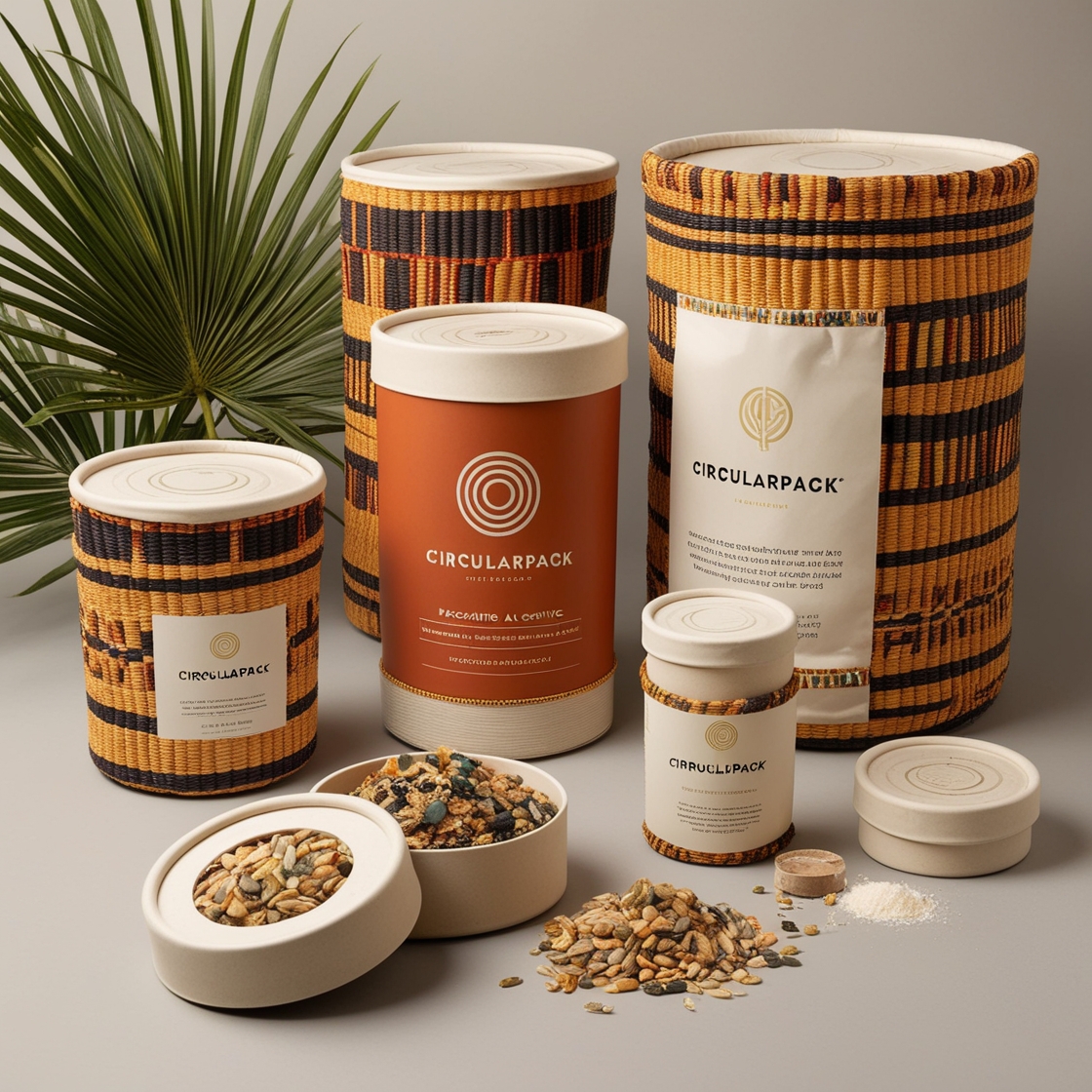
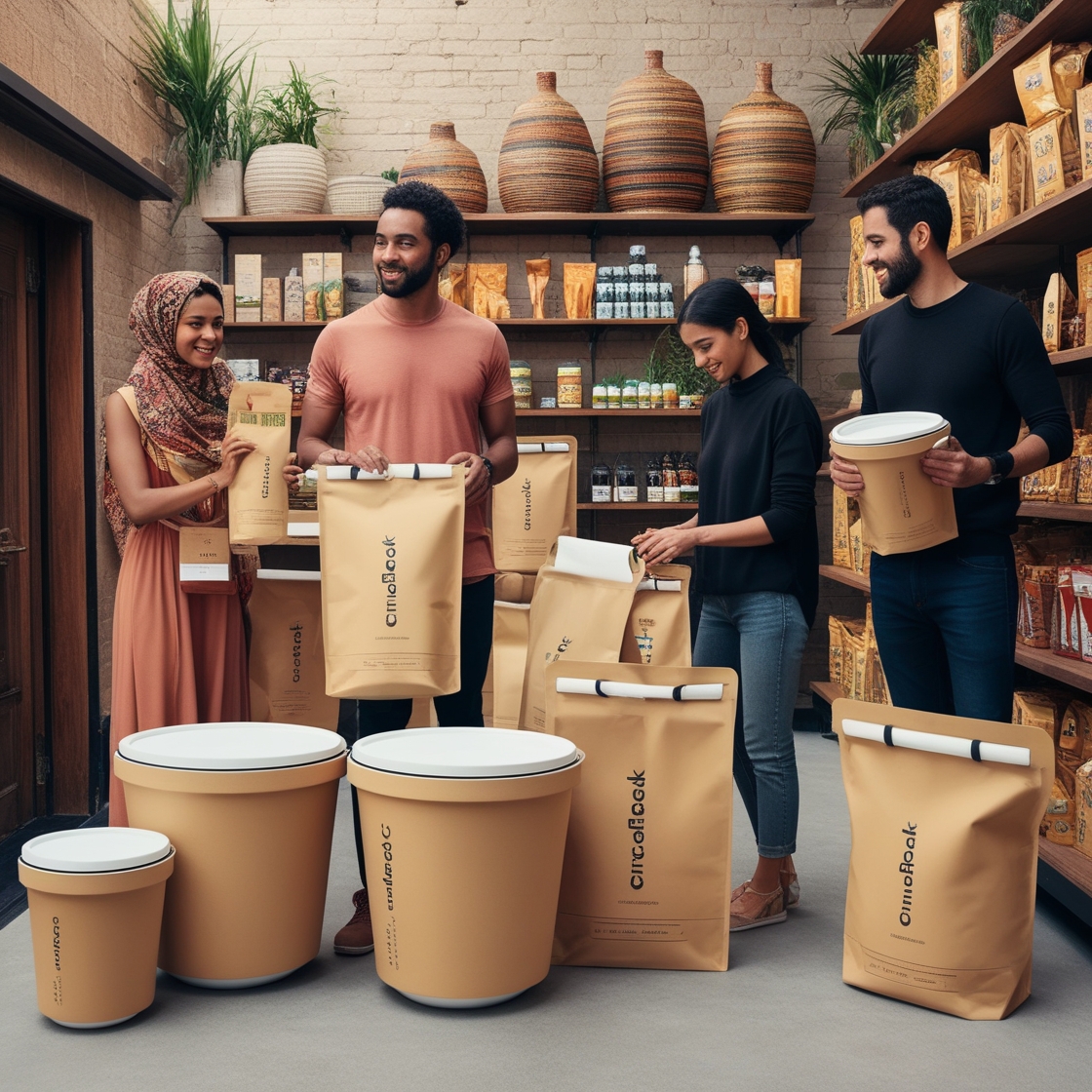
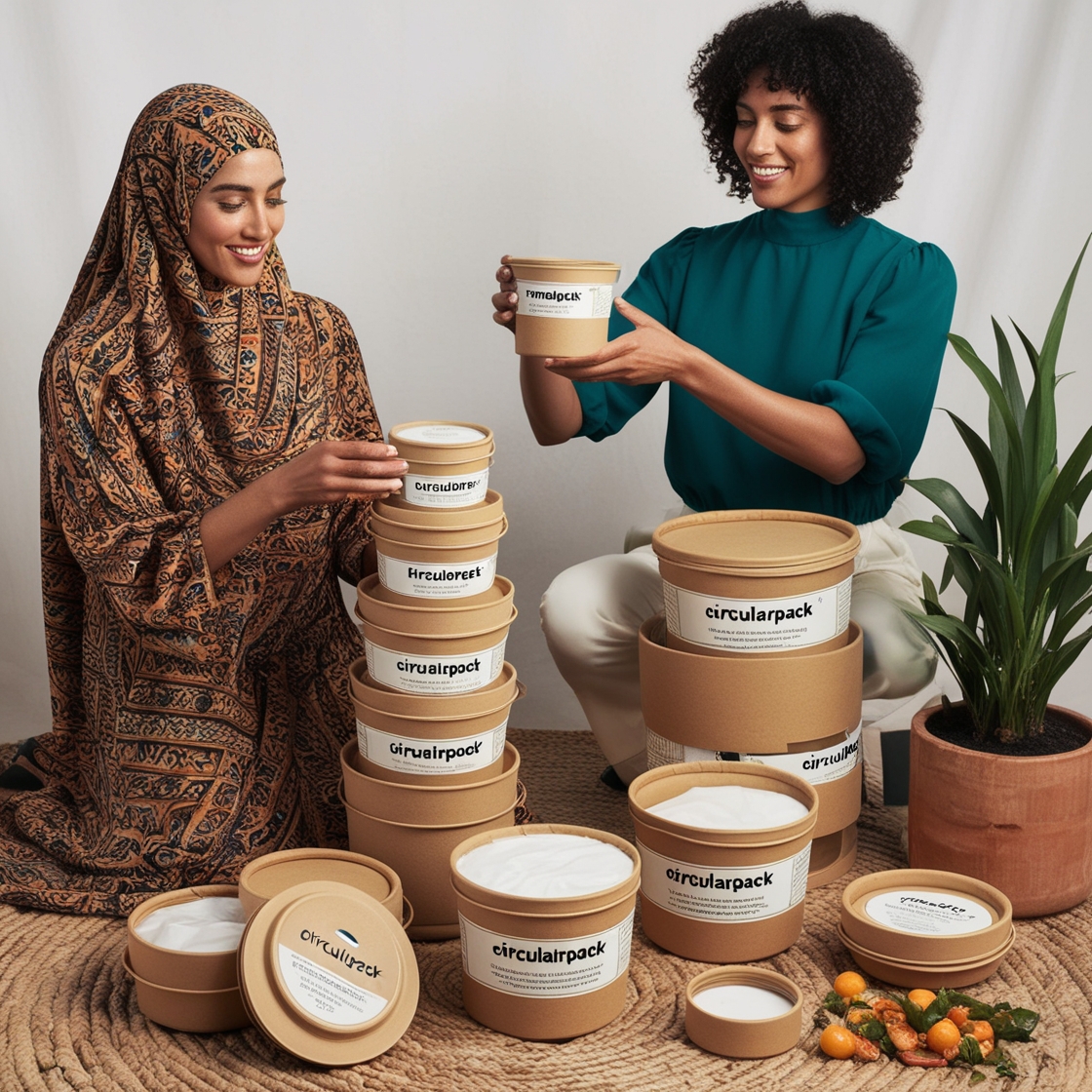
Outcomes & Impact
The engagement resulted in several promising outcomes, including:
- A detailed understanding of the sustainable food packaging landscape in Egypt, allowing entrepreneurs and businesses to make informed decisions.
- Identification of market gaps and opportunities for growth in both local and export markets.
- Enhanced collaboration across the food packaging value chain through expert interviews and facilitated discussions.
- Formation of joint ventures and partnerships, such as EcoPack, CircularPack, and RePlast, which are actively exploring sustainable packaging solutions.

